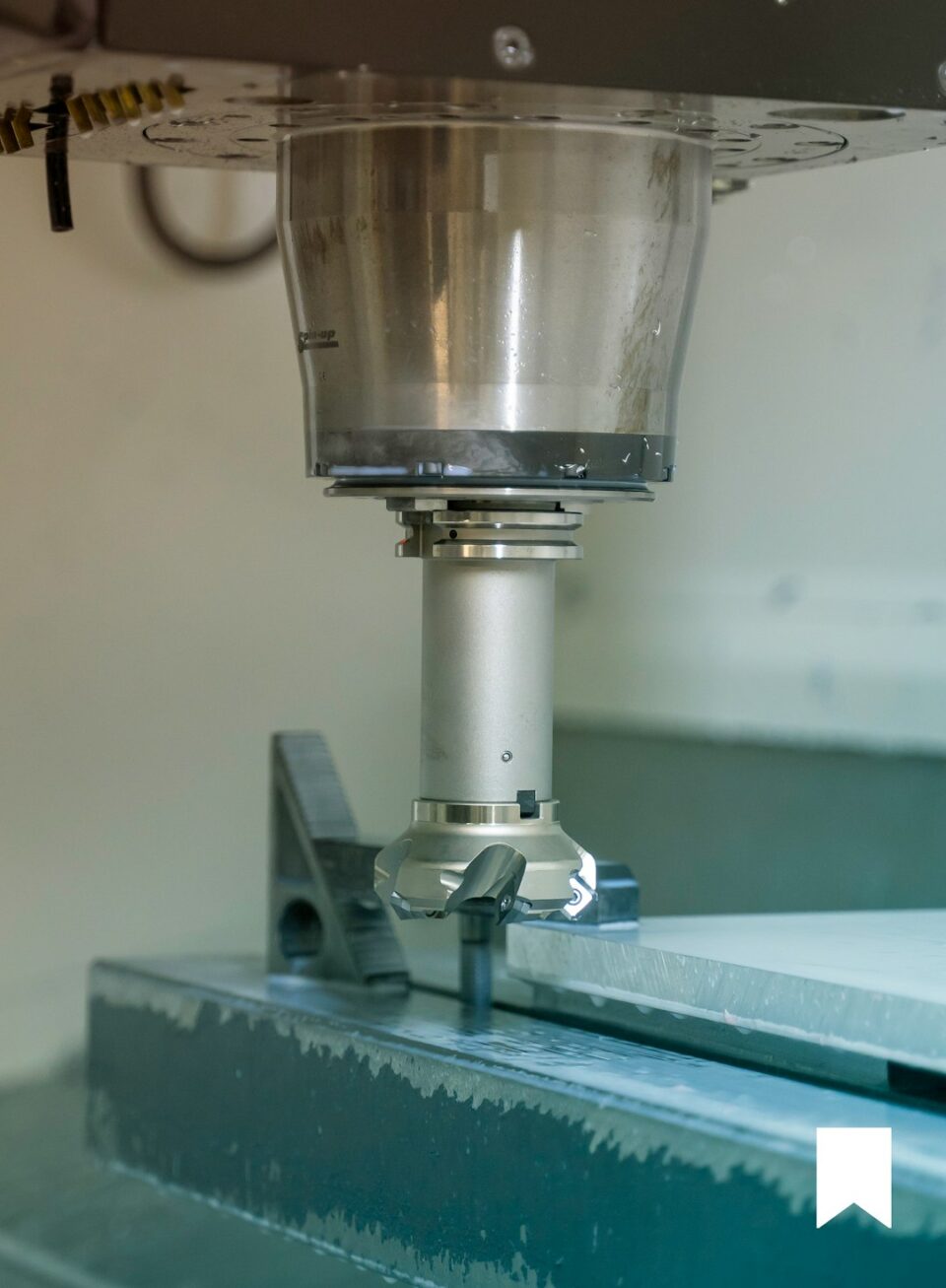Quality management systems (QMS) are essential for manufacturing industries to ensure that products meet the highest standards of quality. Implementing a QMS can bring numerous advantages to manufacturing companies, including improved product quality, increased customer satisfaction, reduced costs, and enhanced efficiency. In this blog post, we will explore the advantages of implementing a quality management system in manufacturing.
Improved Product Quality: One of the primary advantages of implementing a QMS in manufacturing is the improvement in product quality. By setting clear quality standards and processes, companies can consistently produce high-quality products that meet customer expectations. A QMS helps companies identify defects and errors early in the production process, leading to fewer defects and rework. This, in turn, leads to increased customer satisfaction and loyalty.
Increased Customer Satisfaction: Implementing a QMS can also lead to increased customer satisfaction. By consistently producing high-quality products that meet customer requirements, companies can build a reputation for reliability and excellence. This can result in increased customer loyalty and repeat business. In addition, a QMS can help companies respond quickly to customer feedback and make necessary improvements to products and processes, further enhancing customer satisfaction.
Reduced Costs: Implementing a QMS can help manufacturing companies reduce costs in several ways. By identifying and correcting defects early in the production process, companies can avoid costly rework and scrap. In addition, a QMS can help companies streamline processes, reduce waste, and improve efficiency, leading to cost savings. Furthermore, by improving product quality and customer satisfaction, companies can reduce returns and warranty claims, further reducing costs.
Enhanced Efficiency: A quality management system can also enhance the efficiency of manufacturing processes. By standardizing processes and procedures, companies can eliminate inconsistencies and inefficiencies. This can lead to smoother production flows, reduced cycle times, and improved overall productivity. In addition, a QMS can help companies track key performance indicators (KPIs) and identify areas for improvement, enabling continuous improvement and greater efficiency.
Compliance with Regulations: Implementing a quality management system can also help manufacturing companies comply with industry regulations and standards. A QMS provides a framework for ensuring that products meet regulatory requirements and adhere to industry standards. By documenting processes, procedures, and quality control measures, companies can demonstrate compliance with regulations and provide assurance to customers and stakeholders.
Risk Management: Another advantage of implementing a quality management system is improved risk management. By identifying potential risks and developing mitigation strategies, companies can minimize the likelihood of product failures, recalls, and other quality issues. A QMS can help companies assess risks, implement preventive measures, and respond effectively to quality problems when they arise. This can help companies protect their reputation, reduce liability, and avoid costly disruptions to their operations.
Continuous Improvement: Finally, a quality management system can help manufacturing companies achieve continuous improvement. By establishing a culture of quality and performance excellence, companies can drive innovation, creativity, and collaboration among employees. A QMS provides a framework for measuring performance, setting objectives, and evaluating results, enabling companies to monitor progress, make data-driven decisions, and achieve their quality goals.
In conclusion, implementing a quality management system in manufacturing can bring numerous advantages to companies, including improved product quality, increased customer satisfaction, reduced costs, and enhanced efficiency. By setting clear quality standards, streamlining processes, and fostering a culture of continuous improvement, companies can achieve success in today’s competitive market. If you are a manufacturing company looking to enhance quality, performance, and customer satisfaction, consider implementing a QMS to reap the benefits it offers.


